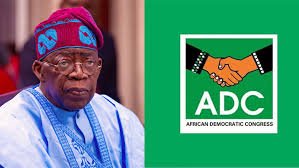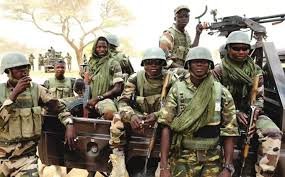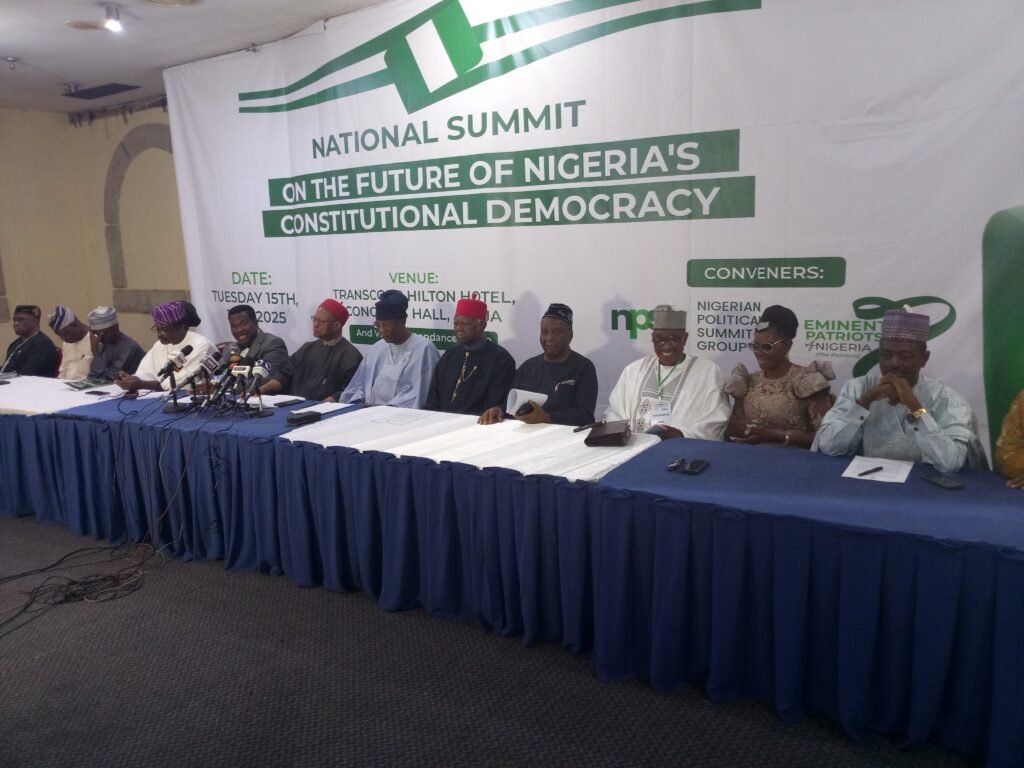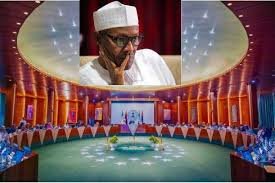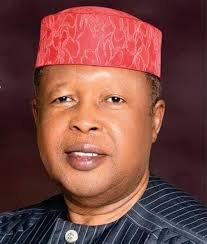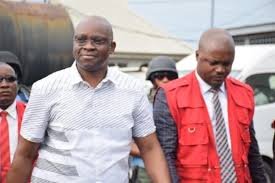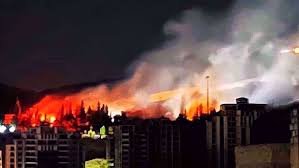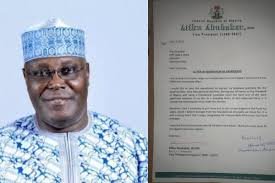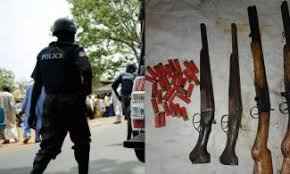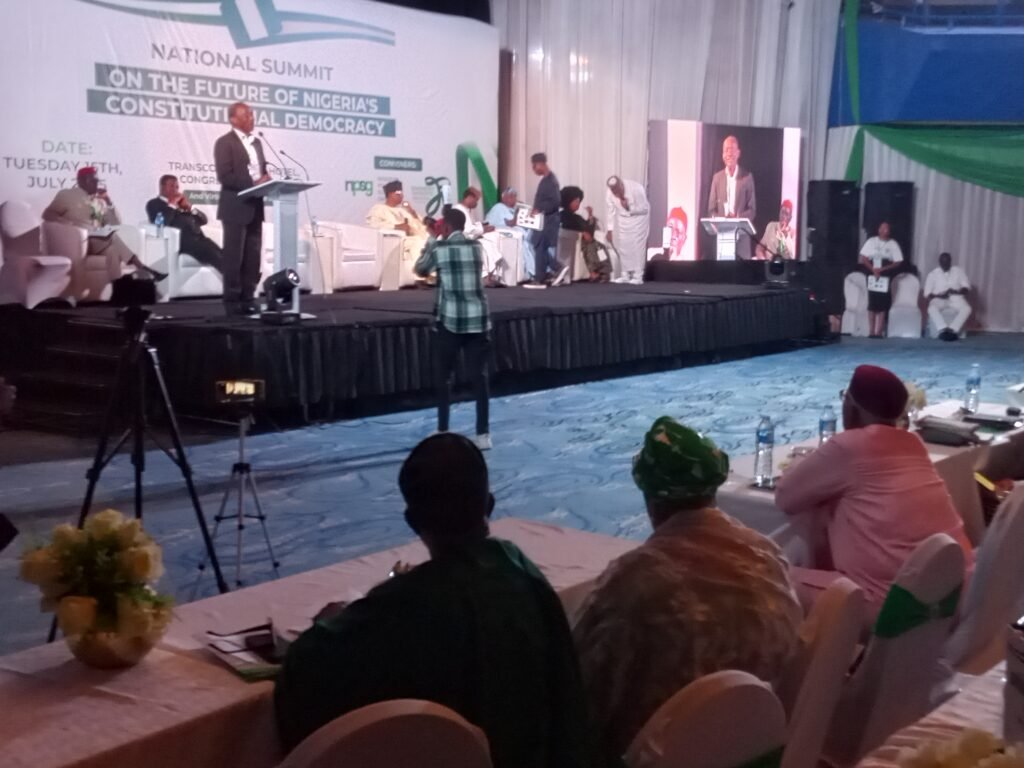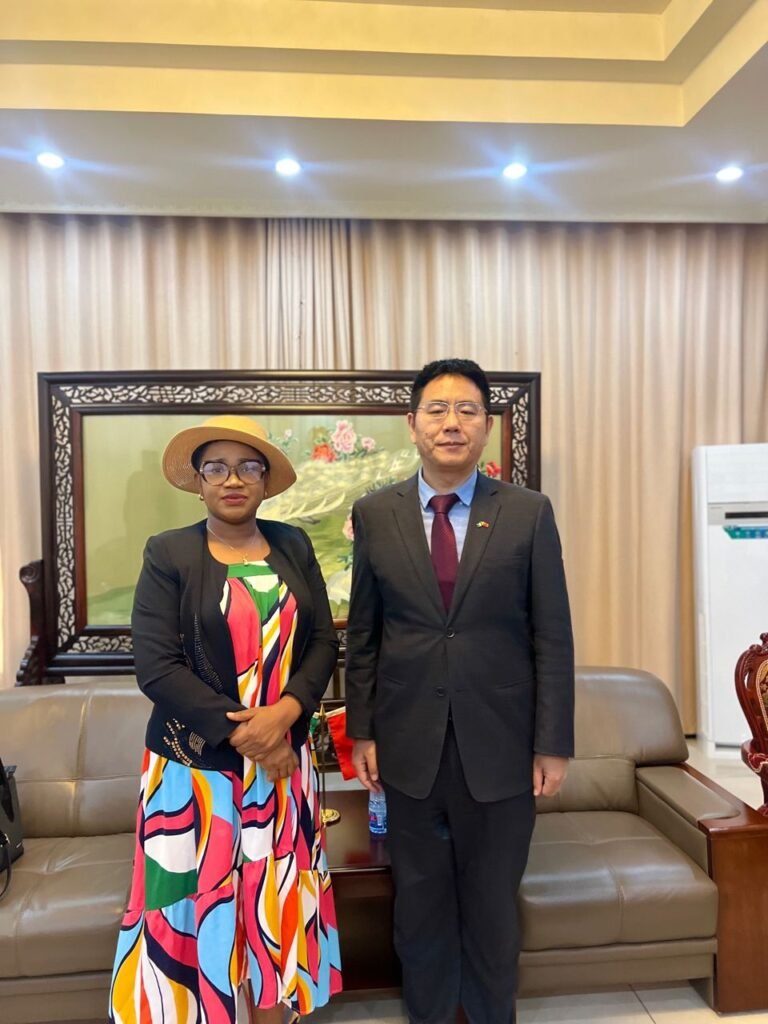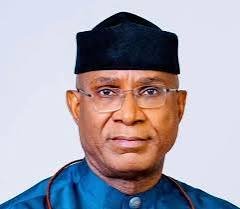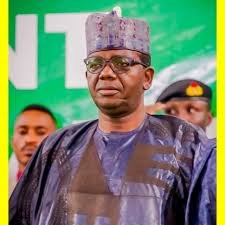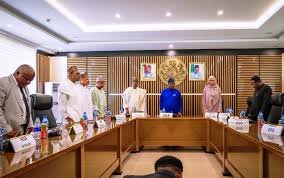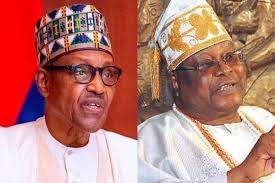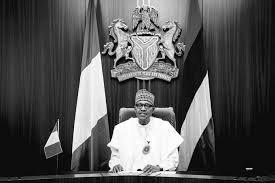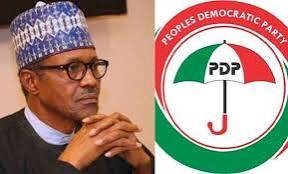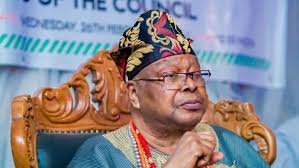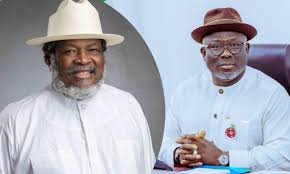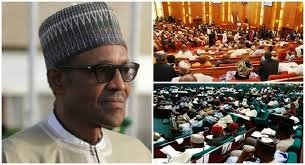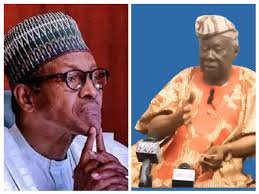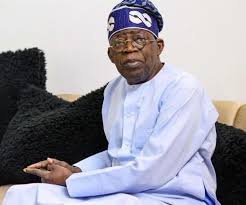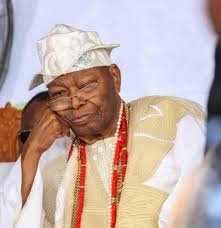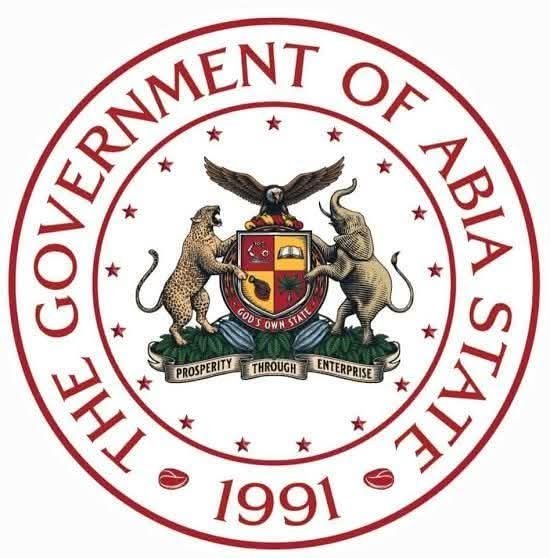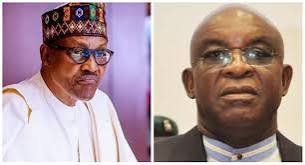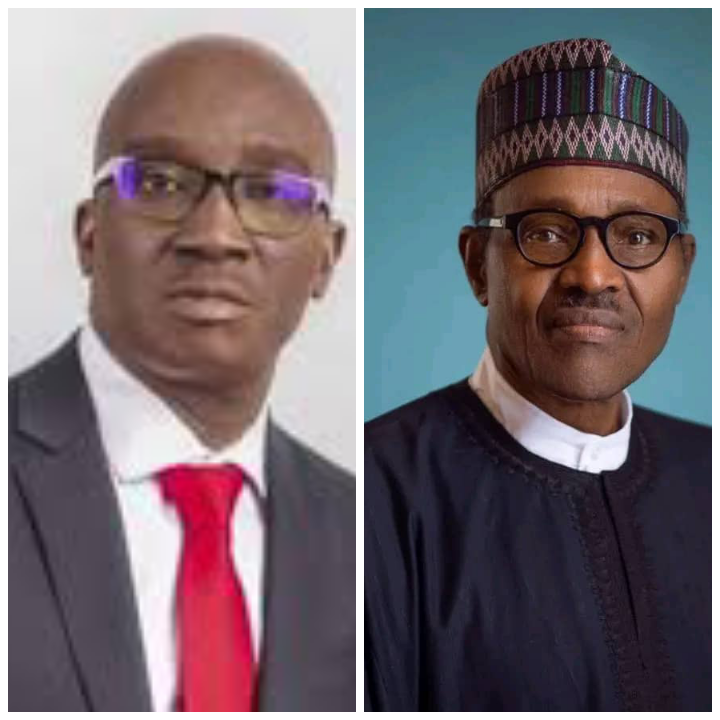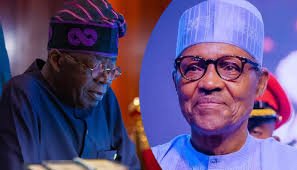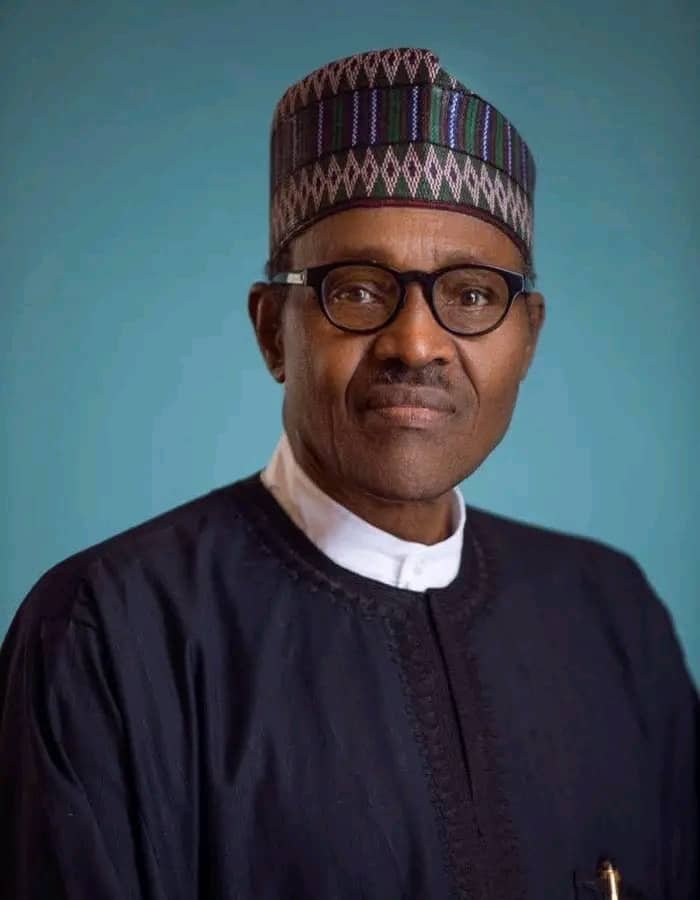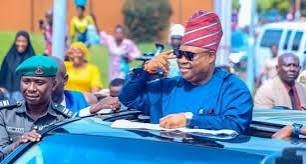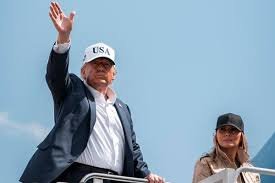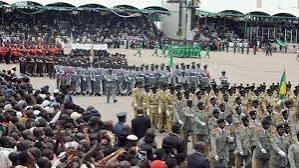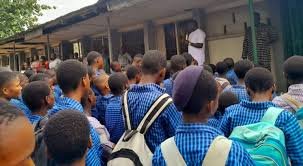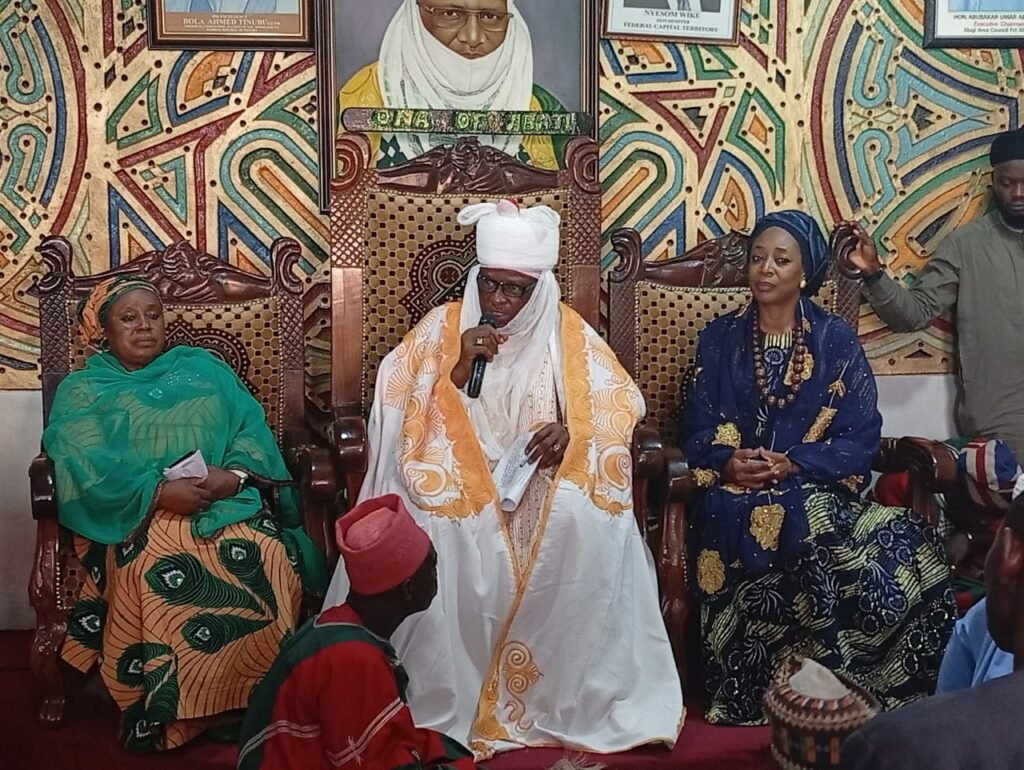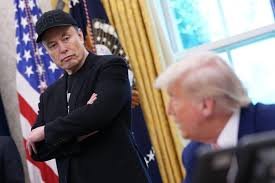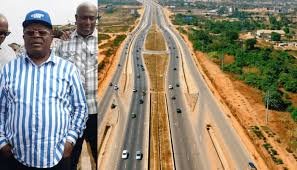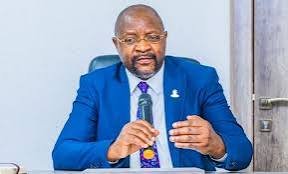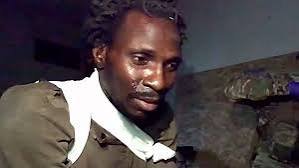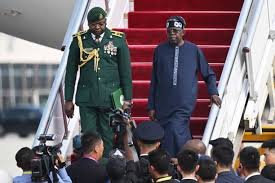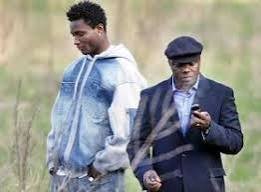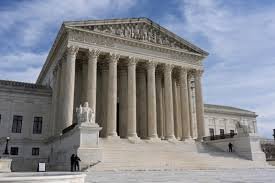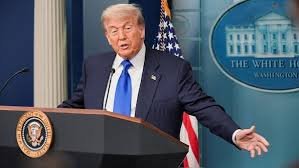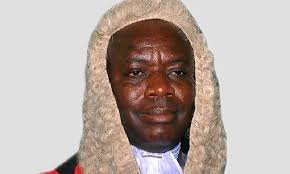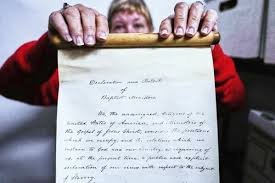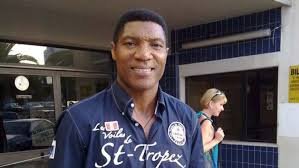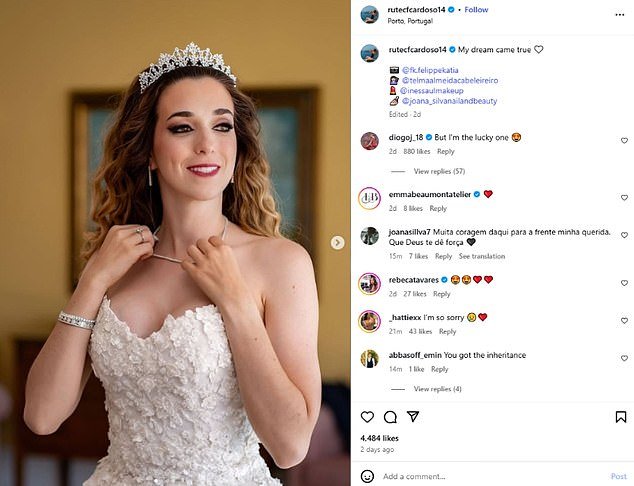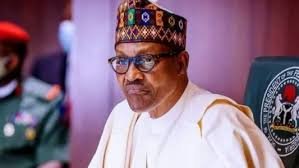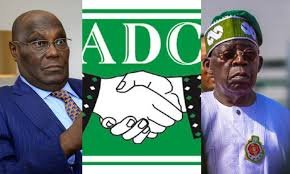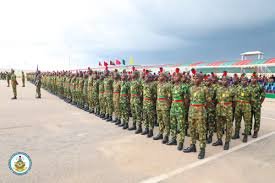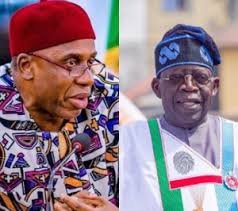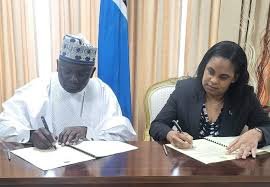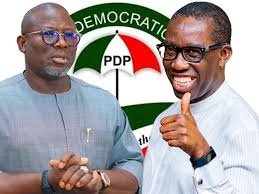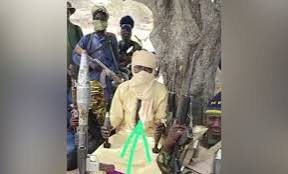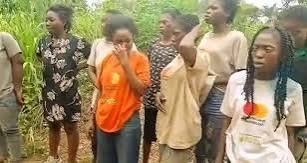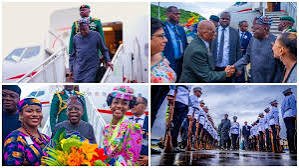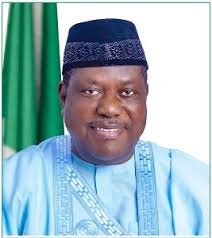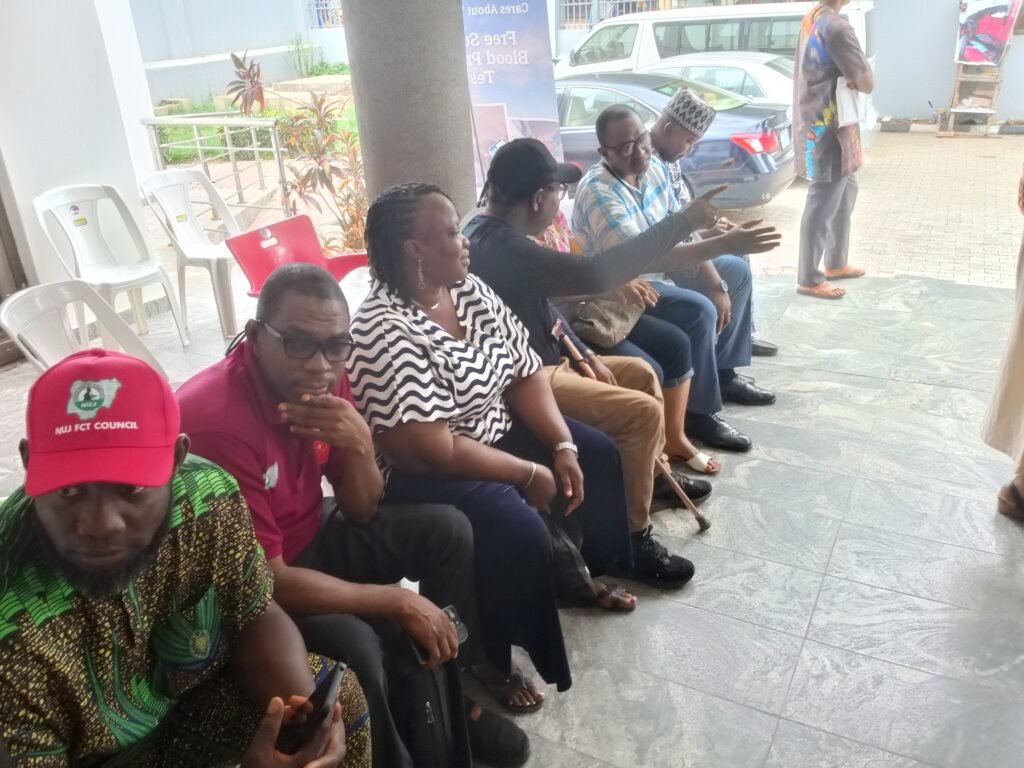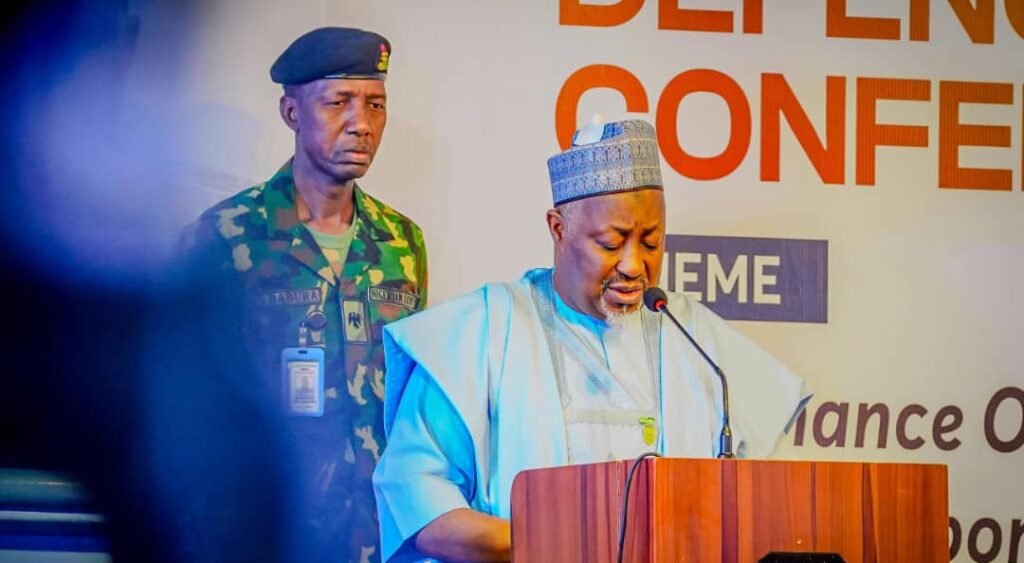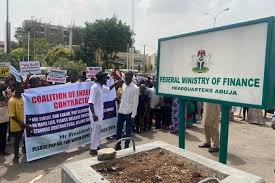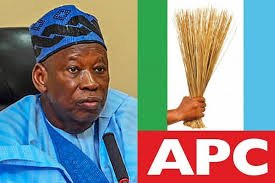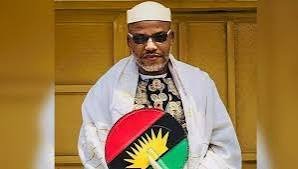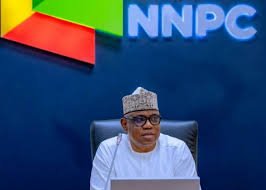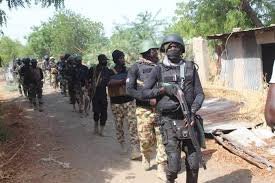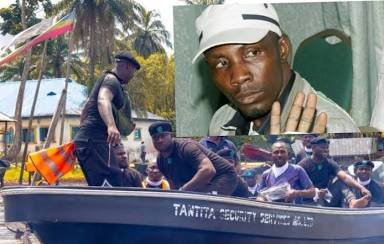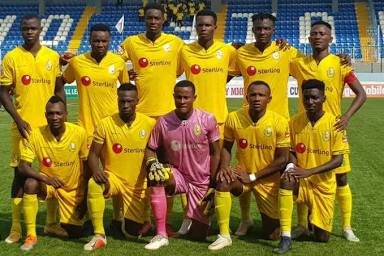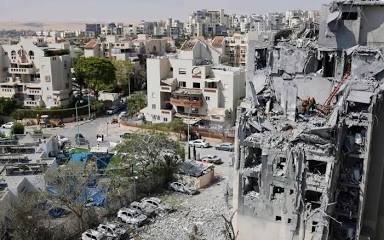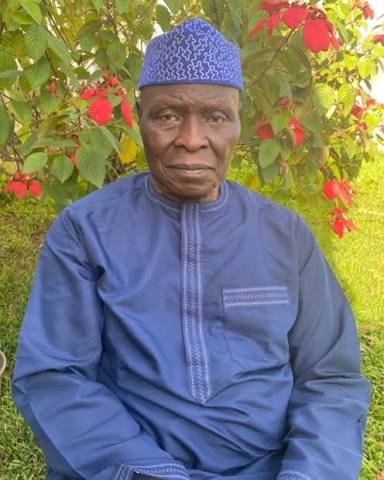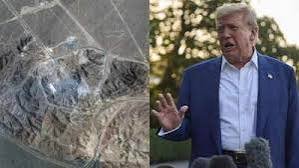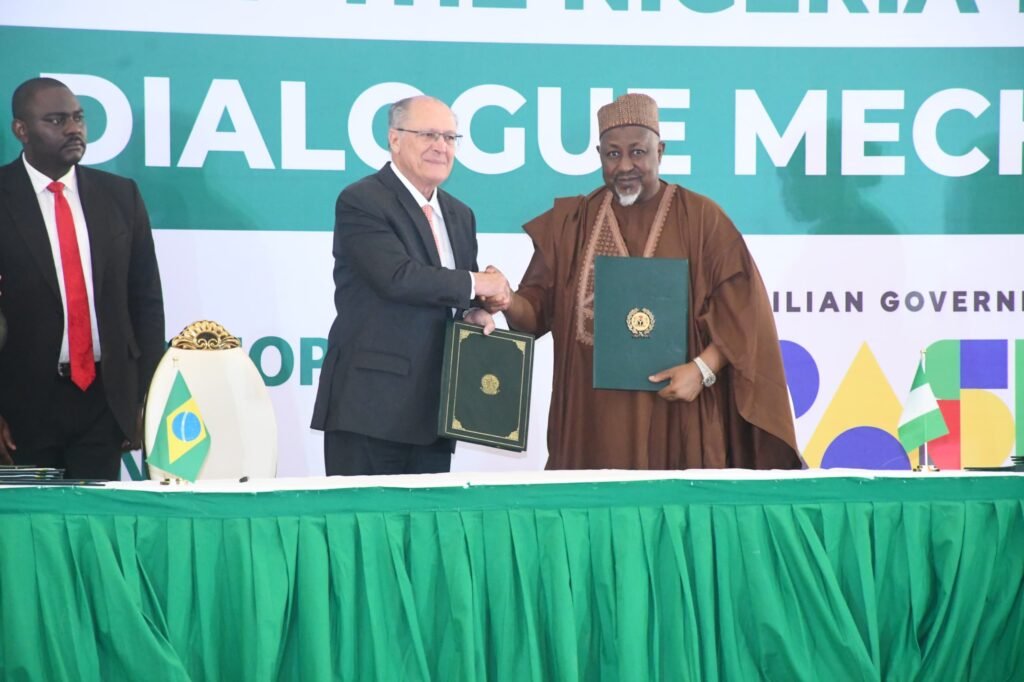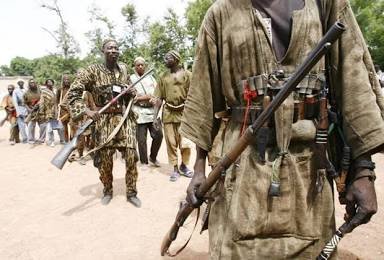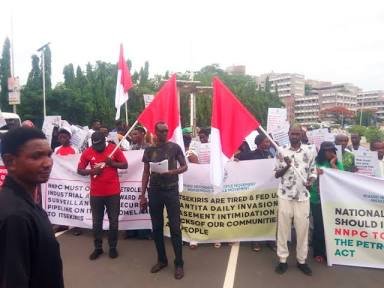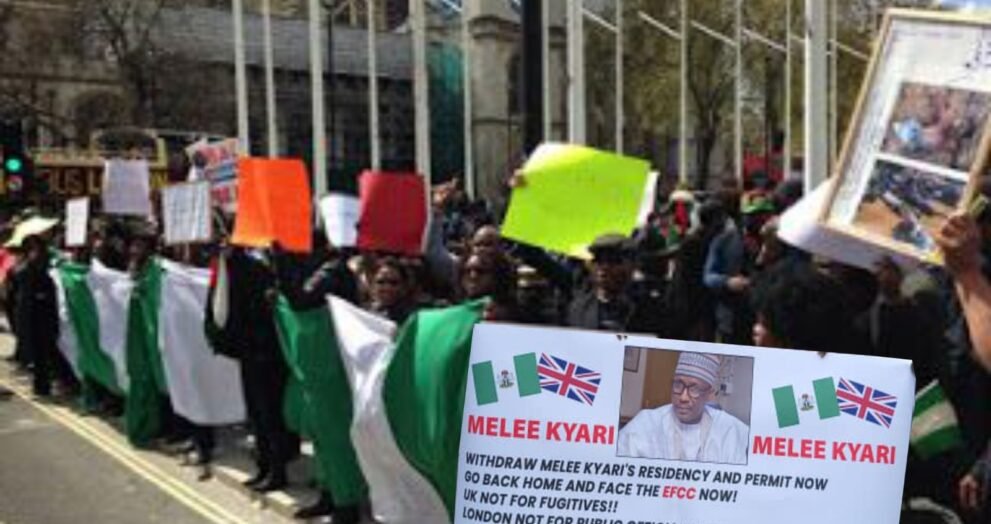KENYA’S PRESIDENT RUTO ORDERS POLICE TO SHOOT PROTESTERS’ LEGS TO CRIPPLE THEM
Kenya’s President William Ruto issued a stark directive to law enforcement authorities on Wednesday, July 9, 2025, ordering police officers to shoot anti-government demonstrators in the legs if caught targeting businesses. His stated intent is to incapacitate but not kill them. This controversial instruction comes amid a surge in violent demonstrations across Kenya marked by property destruction and escalating clashes between protesters and security forces. The recent unrest has drawn significant condemnation from the United Nations and various human rights organizations, which accuse Kenyan police of employing excessive and lethal force. According to the Kenya National Commission on Human Rights (KNCHR), at least 31 people were killed on Monday during confrontations, while more than 100 sustained injuries. Approximately 532 individuals were arrested as security forces moved to quell unrest in Nairobi and other major cities. Official police figures, however, place the death toll at 11, creating a significant discrepancy. President Ruto’s blunt order was made public amidst these heightened tensions. He stated unequivocally: “Anyone caught burning another person’s business or property should be shot in the leg, hospitalised, and later taken to court. Don’t kill them, but ensure their legs are broken.” He described this approach as aiming to punish offenders by disabling them without resorting to lethal force. Ruto also issued a strong warning to his political adversaries, accusing them of instigating the violent protests. He condemned attempts to remove him from office through “unlawful” means, including sponsoring unrest and promoting chaos. The president’s statement signals a hardening stance on dissent and a no-tolerance policy towards those inciting violence or destruction. The United Nations expressed grave concern over the escalating violence and death toll. The UN Secretary-General’s spokesperson condemned the killings, highlighting reports of police using lethal ammunition against protesters, which intensified fears of human rights abuses. The UN called for restraint from all parties and urged the Kenyan government to investigate the incidents thoroughly to ensure accountability. Human rights groups echoed these concerns, documenting cases of excessive force by Kenyan security forces during recent protests. They argue the crackdown risks undermining democratic freedoms and the right to peaceful assembly. Several organizations called on the government to respect international human rights standards and engage in dialogue with opposition leaders to resolve the crisis. The protests erupted amid widespread dissatisfaction with President Ruto’s administration, fueled by grievances including allegations of corruption, economic hardships, and political marginalization. The demonstrations have disrupted daily life, with many businesses suffering damage or destruction. Eyewitnesses and local media reported intense clashes involving tear gas, rubber bullets, and live rounds fired by police to disperse crowds. Some protesters resorted to setting fire to shops and vehicles, further escalating tensions and leaving communities fearful and divided. In response, security forces have been deployed across hotspots to maintain order. The government defends its actions as necessary to protect property and ensure public safety. Critics, however, argue the forceful response risks inflaming the situation further and eroding public trust in law enforcement. The discrepancy in casualty figures has fueled skepticism about transparency and accountability, leading to calls for independent investigations and international oversight. As the situation remains volatile, the international community continues to monitor developments closely, urging all parties to respect human rights and avoid actions that could escalate the conflict.


















































































































































































